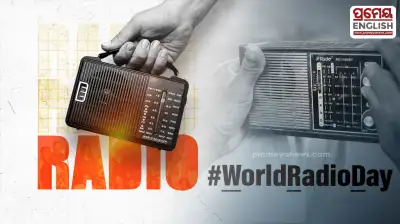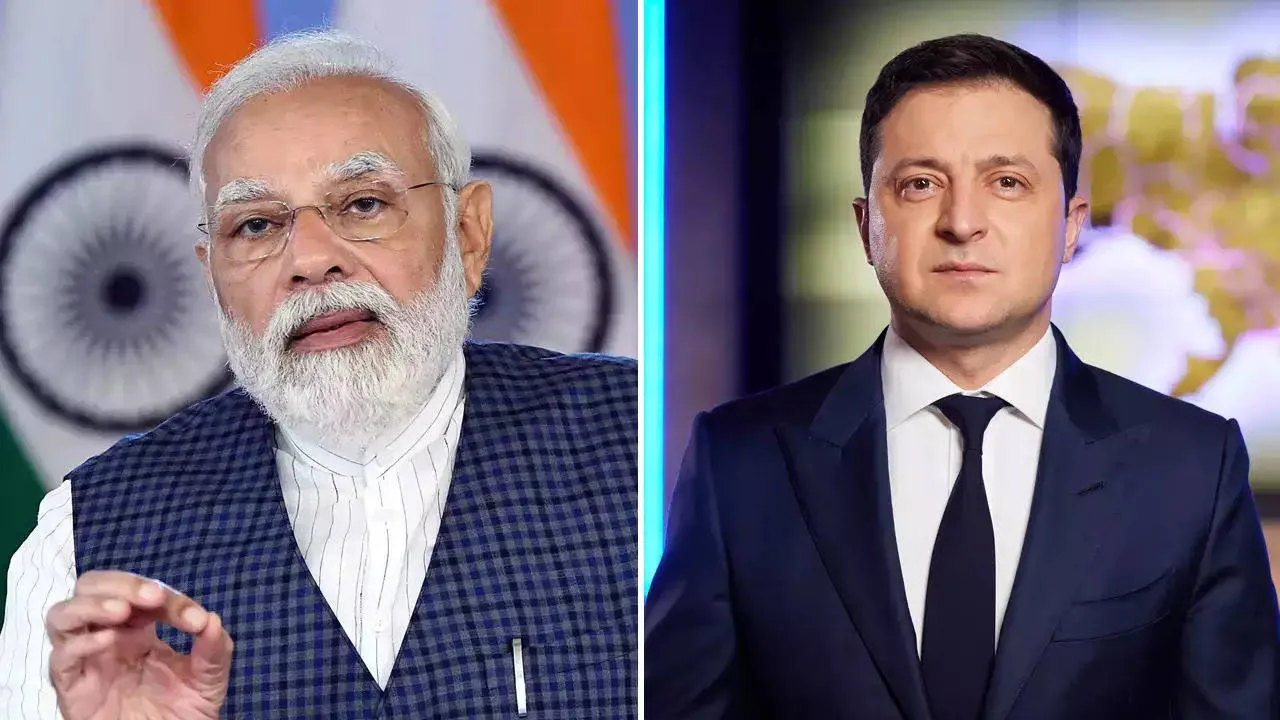

Zelenskyy Counters Trump on India's Role in Ukraine War
Ukrainian President Volodymyr Zelenskyy has publicly offered a different perspective from that of his American counterpart, Donald Trump, regarding India's position on the war in Ukraine. In a direct response to claims that India is helping to finance Russia's military campaign, Zelenskyy stated his belief that India's support "is mostly with us," presenting a more nuanced view of the complex geopolitical situation.
Diverging Views on a Global Stage
The discussion arose following an address by President Trump at the United Nations General Assembly, where he identified India and China as primary funders of the Russian war effort through their significant energy purchases. Trump argued that such trade provides Moscow with the financial resources necessary to continue its offensive.
However, in a subsequent interview, President Zelenskyy took a more diplomatic stance. While acknowledging the challenges posed by India's energy relationship with Russia, he expressed confidence that the issue could be managed. His comments suggest a strategic approach aimed at engaging with New Delhi rather than isolating it, a clear departure from the more direct criticism leveled by the United States.
The Energy Dilemma and a Proposed Solution
President Zelenskyy identified India's reliance on Russian energy as the central point of complexity. He proposed that a concerted effort by European nations to build stronger and closer ties with India could be the key to encouraging a shift in its energy policy. "With Europeans, make more close and strong relationship with India," he stated, indicating that deeper strategic partnerships could provide New Delhi with viable alternatives and incentives to move away from its dependence on Moscow.
This approach aligns with Zelenskyy's previous statements in which he expressed hope for India's active contribution to finding a peaceful resolution to the conflict.
India's Stance on Economic Security
For its part, India has consistently maintained that its trade with Russia, particularly its purchase of oil, does not violate any international laws. Officials in New Delhi have defended the policy as a necessary measure to ensure the country's economic security and national interests. They have also pointed to continued trade between Western nations and Russia, accusing the West of hypocrisy on the issue. Zelenskyy's measured tone appears to recognize the validity of these national interests while still seeking a path to bring India more firmly into the Western-aligned coalition.